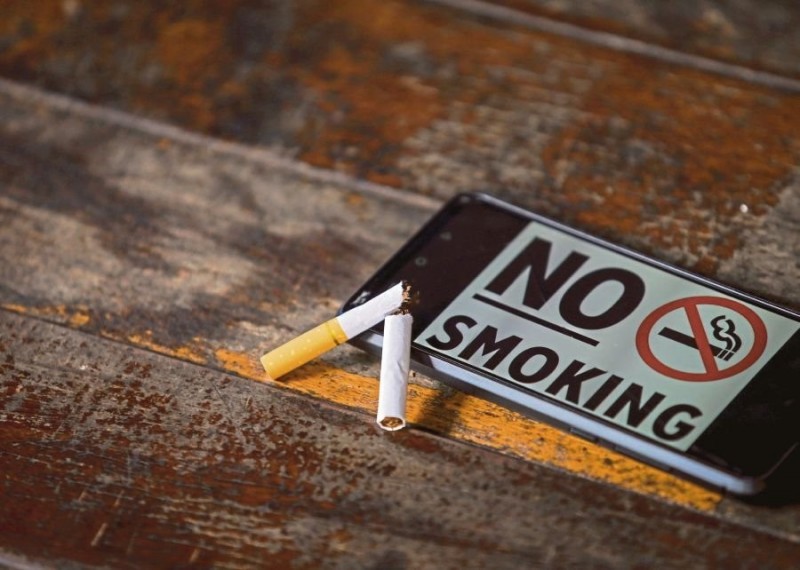
Image credit: NST
PETALING JAYA: As lawmakers prepare to debate a new legislation to protect physical health, some businesses are already fretting about the impact it will have on their financial well-being.
A section of the business community fear the enforcement of the Control of Tobacco Products and Smoking Act 2022 – if lawmakers give the bill the nod – will mean a huge loss in income for them.
However, not all in the business community feel equally short-changed.
Retailers reckon their overall sale could drop by as much as 30%. On the other hand, coffeeshop owners estimate that the sale of cigarettes contribute to only 10% of revenue anyway, so the impact would be minimal.
Dubbed the Generational End Game (GEG) bill, the Control of Tobacco Products and Smoking Bill 2022 seeks to prevent those who were born on or after Jan 1, 2007 from smoking or vaping for life.
In essence, they will never be allowed to purchase or use tobacco or vaping products.
Its proponents say the main aim of the law is to cut the country’s smoking numbers by half to under 5% of the populace by 2040.
While they cry foul over a perceived deep impact, the retailers have not been able to offer any data on the revenue from cigarette sales from convenience stores to back their argument.
A retiree who now works as a cashier at a convenience store in Petaling Jaya claimed that cigarettes were the largest selling items.
The 69-year-old, who declined to give her name, told FMT Business that they had to restock certain brands of smokes on a weekly basis.
“Customers who walk in are more likely to want to buy cigarettes than anything else,” she said.
The next most popular items are drinks, snacks and the occasional prophylactic – in that particular order.
The cashier said many of those who buy cigarettes were regular customers and they would usually pop in at her store during lunch hour.
She claimed that the bulk of the store’s income came from the sale of cigarettes, a view shared by many who work behind the checkout counter across the Klang Valley.
However, the Malaysian Retailers Association told FMT Business that it does not collate data on cigarette sales by members and would not comment on the impact the GEG bill will have on cigarette sales.
On the other hand, it agreed that the new law bodes well for the younger generation.
Petaling Jaya Coffeeshop Association president Keu Kok Meng told FMT Business that coffeeshops that operate around the clock are those that see significant cigarette sales. “The night crowd smokes more, especially when they are drinking,” he said.
For outlets that close after lunch only to reopen for dinner, cigarettes account for only 10% of sales revenue, he said.
Keu pointed out that at RM1.05 per pack, the profit from the sale of cigarettes is “a small contribution, so the impact should be minimal”.
In its 2020 report on Malaysia, the World Health Organization Framework Convention on Tobacco Control stated that 4.9 million Malaysians or 21.3% of the population aged 15 and above were smokers. This was a 1.5% decline from 2015, when it stood at 22.8%.
The health ministry estimates that 27,000 lives are lost annually to tobacco-related illnesses, such as cancer, diabetes as well as cardiovascular, lung and chronic obstructive pulmonary diseases.
Non-smokers exposed to second-hand smoke may also suffer similar afflictions.
A recent report submitted by health minister Khairy Jamaluddin estimates that by 2030 it will cost the country some RM8 billion per year to treat diseases associated with the habit.
Looking at such data, a ban on smoking is the logical way to go, but these are the least of the concerns for businesses.
Source: https://www.freemalaysiatoday.com/category/highlight/2022/08/23/small-businesses-see-mixed-impact-from-geg-law/

